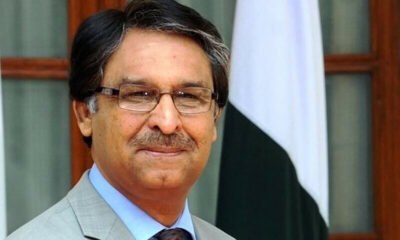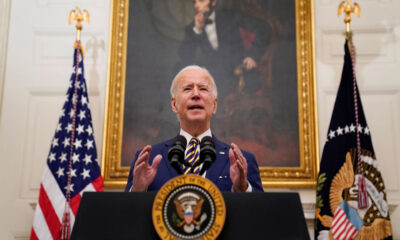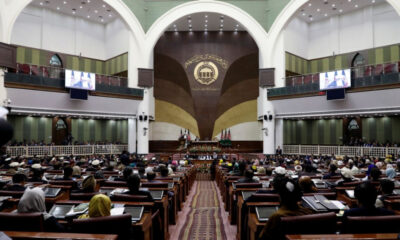Latest News
Government’s authority channel money to code-91 taken away
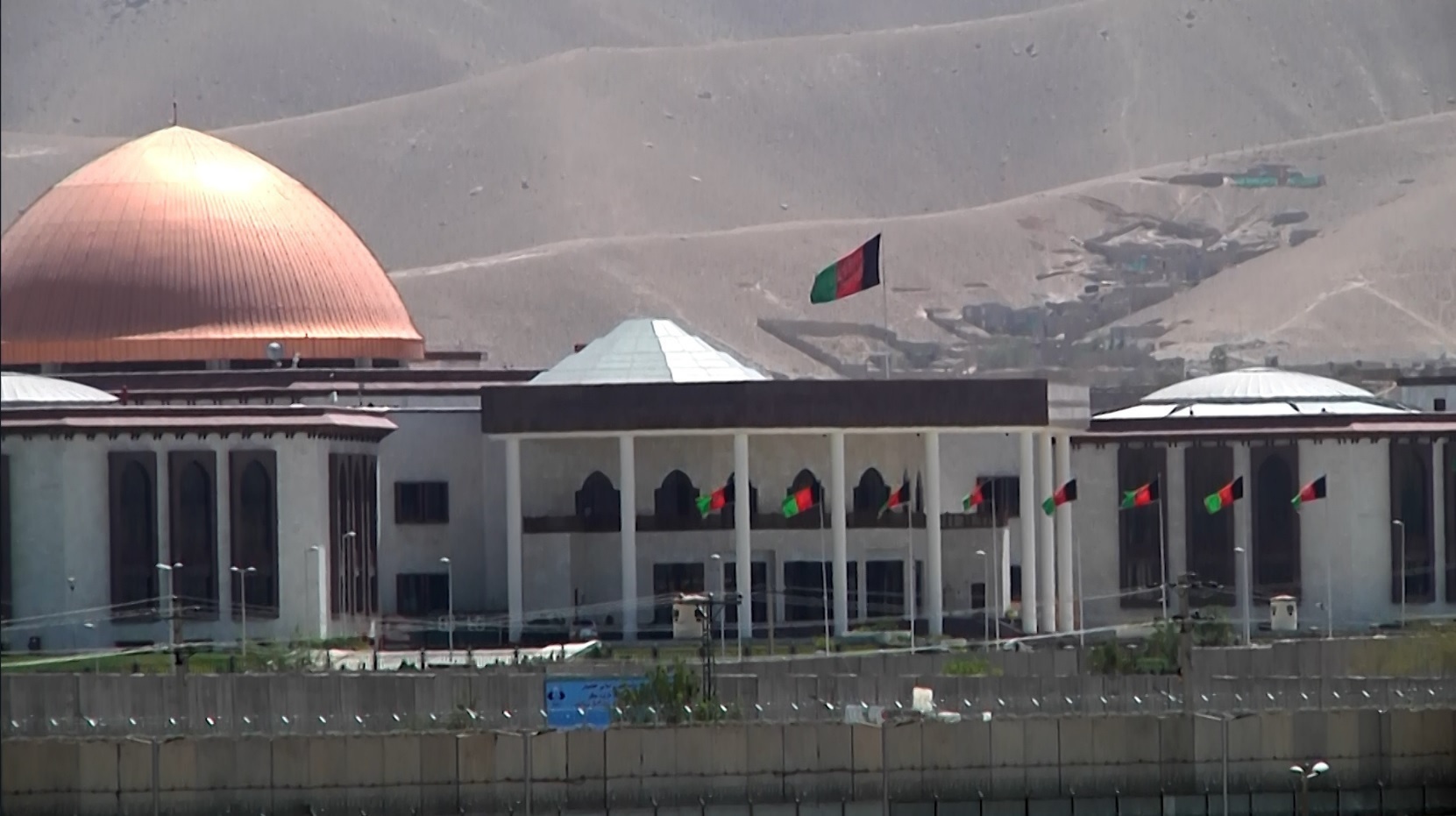
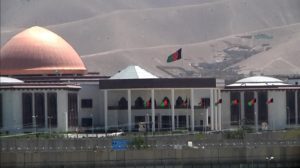 The Afghan parliament’s financial and budget commission dismissed the Afghan government from channelling money to the emergency code-91. Imbalance in developmental projects is another issue that the government has to resolve.
The Afghan parliament’s financial and budget commission dismissed the Afghan government from channelling money to the emergency code-91. Imbalance in developmental projects is another issue that the government has to resolve.
The parliament is supposed to include the budget draft of the fiscal year in their Wednesday agenda.
This comes as the financial and budget commission of the lower house underlined that their amendments regarding the budget draft should be considered by the government.
The commission added that the government’s authority in adding money to the code-91 has been taken away.
The secretary of the Parliament Financial and Budget Commission says, “We use our legal power and ban the government from channelling money to code 91 as well as there are amendments in the budget allocation, especially to the health and education sectors. If the legal adjustments in the budget draft are not met by the government, the budget draft may be rejected.”
This comes as some of the lawmakers underscore that the imbalance in the budget draft and marginalization of some provinces concerning the developmental projects are direct violations of the people’s rights.
“Every year, the budget gets controversial because of inequity. Some of the provinces get more projects than others. These should be considered by the government in order to get the budget draft approved,” said MP Fatima Aziz.
“The financial budget draft was presented to the lawmakers had three main problems, one of the problems was the imbalance in developmental projects,” said MP Halima Sadaf Karimi.
On the other hand, the Financial and Budget Commission states that considering all the amendments, the government will make a new draft, and if the new draft does not address the shortcomings, the MPs will take action.
Latest News
Omari and Iranian ambassador meet to strengthen Afghan migrant labor ties
Latest News
Pakistan’s actions target militants, not religious sites: Khawaja Asif
He rejected claims equating these operations with India’s alleged strikes on mosques and religious seminaries in Bahawalpur and Muridke, stressing that Pakistan does not target religious or civilian sites.
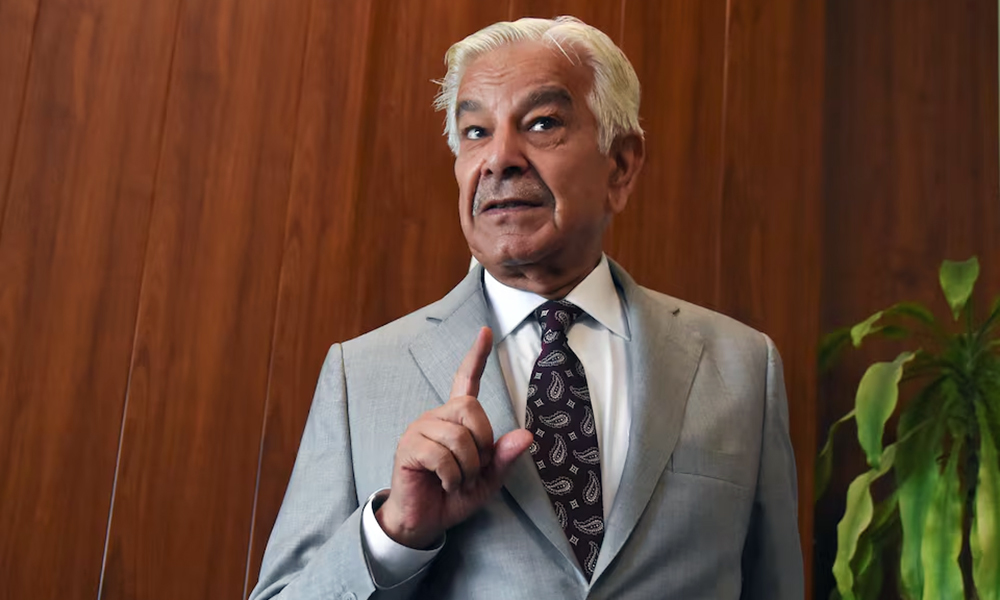
Pakistan’s Defence Minister Khawaja Muhammad Asif has dismissed comparisons between Pakistan’s counterterrorism operations along the disputed Durand Line and what he described as India’s attacks on religious sites, saying such parallels are “entirely wrong and inappropriate.”
In a statement issued Tuesday, Asif said Pakistan’s military actions are strictly aimed at verified camps belonging to Tehreek-e-Taliban Pakistan (TTP) militants operating from Afghanistan. He rejected claims equating these operations with India’s alleged strikes on mosques and religious seminaries in Bahawalpur and Muridke, stressing that Pakistan does not target religious or civilian sites.
The defence minister said the international community, including the United Nations, has repeatedly expressed concern over the threat of terrorism they claim is originating from Afghanistan. He said these concerns are reinforced by continued militant infiltration and attacks inside Pakistan, which, according to him, are carried out by armed groups entering from Afghan territory.
Referring to India’s allegations surrounding the Pahalgam incident, Asif said New Delhi has failed to present credible or verifiable evidence to support its claims. He added that Pakistan had offered to cooperate with an independent and impartial investigation, an offer that India declined.
Asif further said a recent United Nations report had described India’s actions as illegal and based on unsubstantiated claims, while affirming that Pakistan’s response was justified under international law. He said Pakistan has already addressed and clarified allegations regarding India, what he termed proxy extremist elements, and their alleged supporters.
Reiterating Pakistan’s stance, the defence minister said the country remains vigilant and determined to protect its sovereignty and national security. He emphasized that Pakistan will continue its counterterrorism efforts and will challenge what he described as baseless accusations and hostile narratives at all international forums.
Meanwhile, the Islamic Emirate of Afghanistan (IEA) has consistently rejected Pakistan’s accusations, maintaining that Afghanistan does not allow any group to operate from its soil. Afghan authorities have repeatedly stated that Pakistan’s security challenges are an internal matter and should be addressed domestically.
Latest News
Germany conducts first deportation to Syria in a decade
The deportation marks a historic shift in German migration policy and signals the government’s determination to enforce stricter measures against convicted foreign nationals.

Germany has carried out its first deportation to Syria since the outbreak of the country’s civil war in 2011, sending a convicted Syrian national back to Damascus on a scheduled commercial flight.
The 37-year-old man, who had served a prison sentence in North Rhine-Westphalia for aggravated robbery, bodily harm, and extortion, was escorted by federal police to the Syrian capital, where he was handed over to local authorities on Tuesday, December 23.
The Federal Interior Ministry confirmed the deportation, which coincided with another removal of an individual to Afghanistan. The ministry said it had reached agreements with both Damascus and Kabul authorities to facilitate “regular” deportations of serious offenders and individuals considered security risks in the future.
The Afghan national had been imprisoned in Bavaria, including for intentional bodily harm. The ministry said this marked the second deportation of an Afghan criminal within a week.
“Criminals must leave our country. We stand for control, consequence, and zero tolerance towards offenders and threats,” said Interior Minister Alexander Dobrindt (CSU), emphasizing that the move reflects Germany’s commitment to law and order.
Dobrindt further justified the policy by highlighting the strain on local municipalities, which have faced challenges accommodating foreign nationals serving prison sentences. “We have reached the breaking point for a long time, and the overload in the municipalities is visible,” he said.
The deportation follows months of diplomatic negotiations after the fall of Bashar al-Assad’s regime in December 2024, which ended a 14-year civil war. The change prompted Germany to reassess its long-standing ban on returns to Syria.
The current coalition government, formed by CDU/CSU and SPD, explicitly committed in its agreement to resume deportations to Syria and Afghanistan, targeting criminals and “Gefährder” — individuals considered potential security threats. Chancellor Friedrich Merz has been a vocal supporter of the policy, meeting with Syria’s transitional president Ahmed al-Sharaa to discuss mechanisms for further returns.
The move carries symbolic weight amid heightened public concern over migration, with roughly one million Syrians currently residing in Germany, many of whom arrived during the 2015-2016 refugee influx under former Chancellor Angela Merkel.
While the German government asserts that the Syrian conflict is over, human rights organizations continue to caution against deportations, citing lingering instability, ongoing reconstruction challenges, and potential security risks for returnees.
The deportation marks a historic shift in German migration policy and signals the government’s determination to enforce stricter measures against convicted foreign nationals.
-

 Latest News1 day ago
Latest News1 day agoAfghanistan exports 10 containers of batteries to Saudi Arabia and UAE for first time
-

 Latest News2 days ago
Latest News2 days agoPakistani cleric condemns lifetime immunity for Army Chief as un-Islamic
-

 Latest News4 days ago
Latest News4 days agoAfghanistan signs 30-year deal for marble mining in Daikundi
-

 Latest News5 days ago
Latest News5 days agoPakistan summons Afghan diplomat over deadly attack in North Waziristan
-

 Latest News4 days ago
Latest News4 days agoAfghan health minister calls for medical cooperation between Kabul and New Delhi
-

 Latest News5 days ago
Latest News5 days agoKarzai urges reopening of girls’ schools and universities for Afghanistan’s bright future
-

 Latest News4 days ago
Latest News4 days agoBush Institute criticizes Trump administration’s Afghan immigration freeze
-

 International Sports2 days ago
International Sports2 days agoAriana News to broadcast key AFC Champions League Two clash


